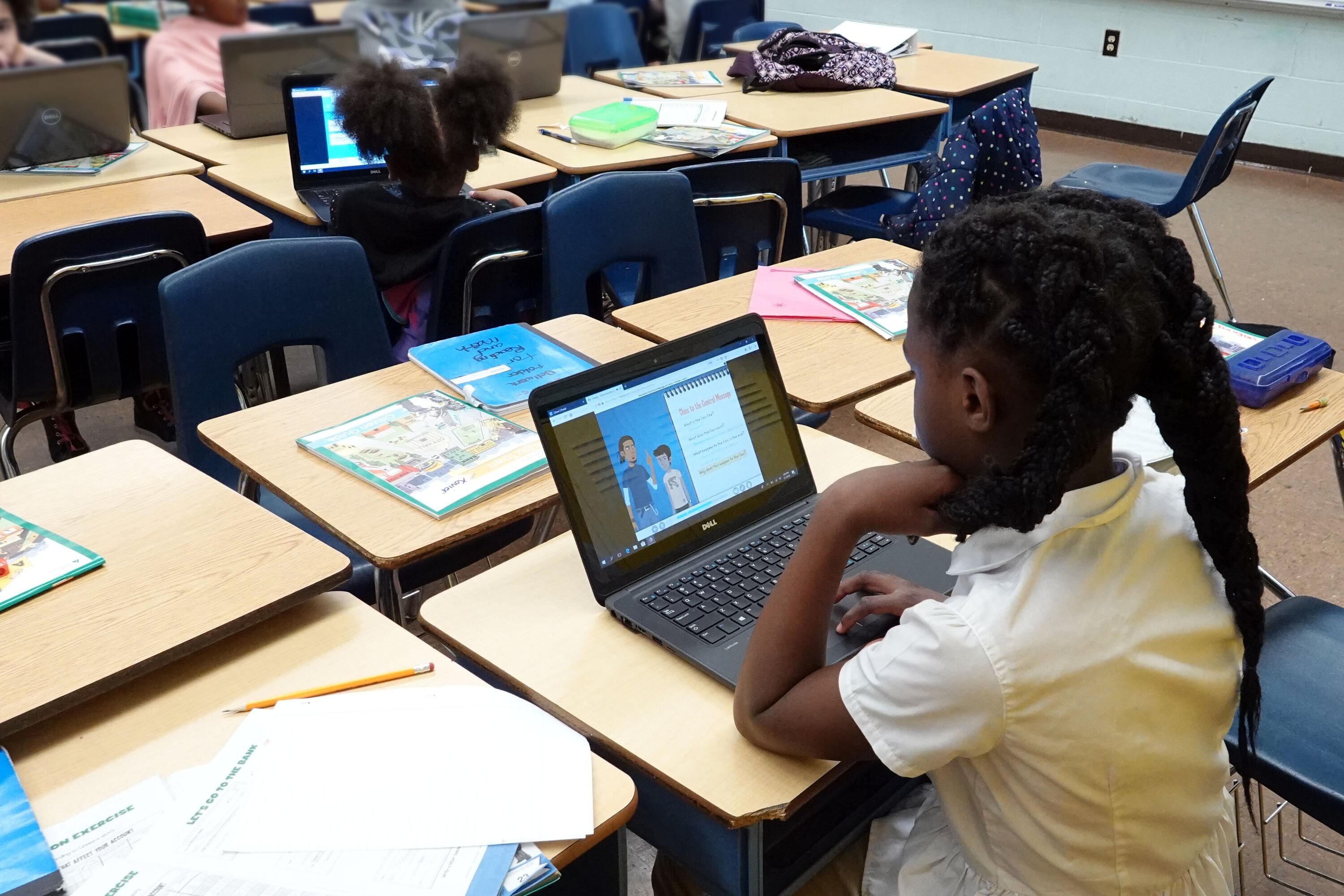In an eleventh-hour approval, Tennessee is extending its grant to fund free child care for essential workers until Dec. 31.
The grant, established in the spring in response to COVID-19, will allow thousands of parents to secure adult supervision for their children while they’re at work and while many schools operate online for at least part of the academic year.
Most schools in Tennessee have already started the new school year. Shelby County Schools, the state’s largest district with nearly 100,000 students, starts Monday.
The state will pay day care centers to care for small children and supervise school-age children of essential workers who are employees at airports, medical facilities, schools, restaurants, grocery stores, government agencies, construction companies, and more.
In Memphis, the YMCA and Shelby County Schools are partnering to provide full-day, in-person care and virtual learning support at more than 70 Virtual Learning Academies throughout Shelby County. The care includes adult supervision and support before, after, and during the virtual school day, as well as meals and enrichment activities.
The YMCA is prepared to serve 5,000 children but is ready to add sites and staff to accommodate more children if needed, said Brian McLaughlin, chief operating officer for the YMCA of Memphis & the Mid-South.
The virtual learning academies will operate from 6:30 a.m. to 6 p.m. Monday through Friday. Registration started Aug. 26 and children of essential workers can attend for free. The YMCA will offer reduced fees for families who qualify based on income and need.
Just as affluent parents have organized learning pods or hired private tutors, virtual learning centers help low-income parents who cannot stay home to supervise remote learning when school buildings are closed because of the coronavirus.
Child care assistance is especially important for single parents like Candice Yarbrough, who couldn’t be at home to support her 9-year-old son during his first days of remote learning last week at New Hope Christian Academy, a low-cost tuition school in Frayser. Her 11-year-old son, who starts his school year virtually Monday at Grizzlies Preparatory Charter School, was home with him but called her multiple times while she was at work for help finding passwords for various platforms, uploading assignments, or emailing the teacher. She rushed home on her lunch breaks to troubleshoot problems, but couldn’t stay long.
“I feel bad as a parent because I’m not there,” she said. “Right now I’m stuck between quitting and staying at home but I can’t do that because I have bills to pay.”
The only daycare option she was familiar with for school-age children was YMCA, which was $120 per week but is now $75 a week for virtual learning during school hours and an additional $45 a week for before and after school care, according to its website. That isn’t affordable for Yarbrough, a preschool teacher who normally doesn’t need childcare since her schedule mirrors her sons’ schools.
School board member Althea Greene said many parents have asked her about child care options as the state’s largest district begins online learning Monday.
“They’re blowing up my phone every day asking, ‘What am I going to do?’ ” she said.
While coronavirus outbreaks are still possible in day cares, Greene said the student groups will be much smaller than at a school. Shelby County Schools has shared a list of facilities that have indicated they are willing to take students during online learning.
To register and find more information at the virtual centers at the Memphis YMCA, please visit ymcamemphis.org/virtuallearning. The state also has a directory of child care providers operating during the pandemic.
Chalkbeat Tennessee bureau chief Jacinthia Jones contributed to this report.








